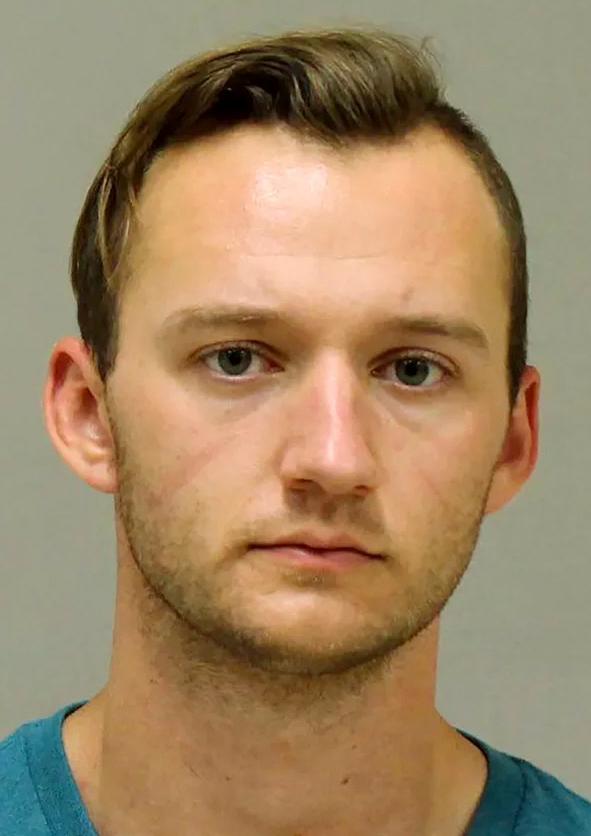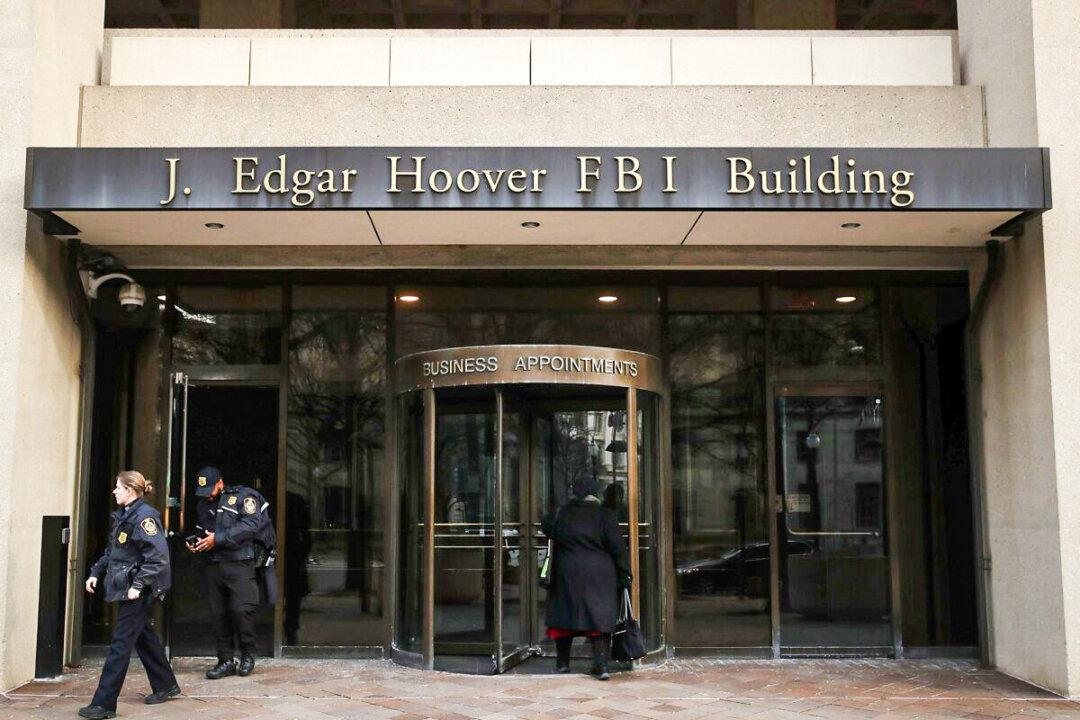A defendant in the Michigan Gov. Gretchen Whitmer kidnapping case has moved to introduce evidence related to the use of federal informants in the Jan. 6, 2021, Capitol Hill breach, arguing that the FBI’s refusal to answer basic questions about such activities demonstrates a “consciousness of guilt” by the government.

In a photo provided by the Kent County Sheriff, Kaleb Franks is shown in a booking photo. Kent County Sheriff via AP File




